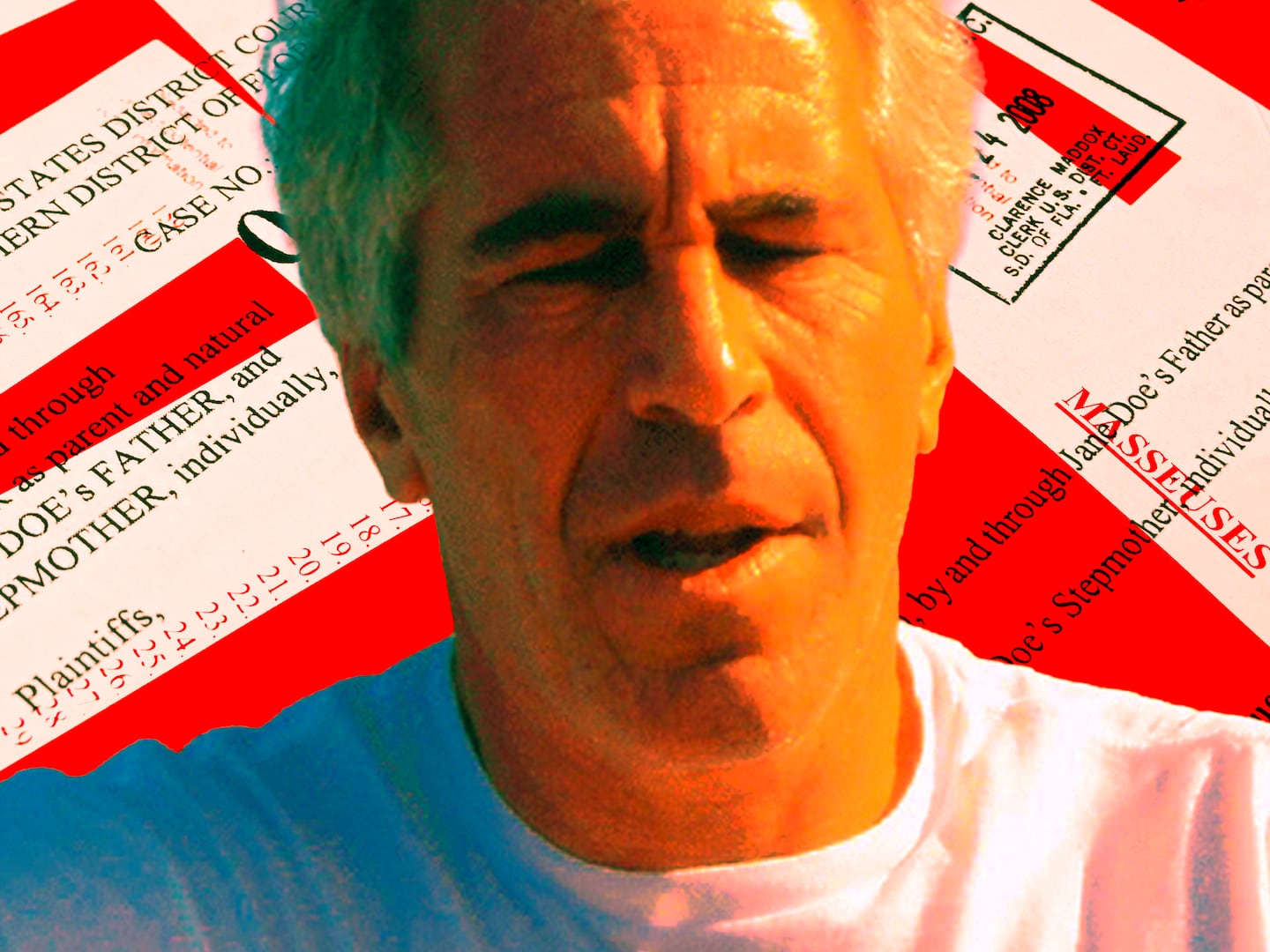The Islamic State would like to add you to its professional network on LinkedIn.
As ISIS amps up its recruitment efforts on social media sites like Twitter and Tumblr, the group’s propaganda has spilled over onto your dad’s favorite social network: LinkedIn, a website where professionals upload and share their résumés, has become an unlikely host for the ISIS magazine Dabiq.
The propaganda magazine is published roughly once a month. A recruitment tool modeled after Western magazines, Dabiq features images of ISIS fighters relaxing atop armored vehicles, alongside articles justifying terrorism and slavery.
Dabiq has a broad reach for a magazine published from a war-torn terror state. Its 12 issues can be found online on ISIS-promoted social media accounts, anti-terrorism websites, and most recently, on LinkedIn. Multiple LinkedIn users have taken advantage of SlideShare, LinkedIn’s slideshow platform, to upload the issues of ISIS’s magazine.
The cover of “The Failed Crusade,” Dabiq’s fourth issue, features a photoshopped image of ISIS’s black flag flying above St. Peter’s Square in Rome. Internal pages show the bodies of ISIS victims, including that of American journalist Steven Sotloff. “The Failed Crusade” was uploaded to LinkedIn in its entirety at least twice, by two different users. Dabiq’s second issue was uploaded at least twice, and its fifth issue uploaded at least once.
A LinkedIn spokesperson told The Daily Beast that users who uploaded the violent propaganda publication were in violation of LinkedIn’s Terms of Service.
“ISIS, terrorists and those who engage in violent crimes are not welcome on LinkedIn services, including SlideShare,” LinkedIn spokesperson May Chow told The Daily Beast on Dec. 1. “When we become aware of content that is in violation of our Terms of Service, we remove it and take appropriate action as necessary. These accounts—and the content that was uploaded—have been removed.”
But LinkedIn is learning the same lessons as social networks like Twitter, which has seen countless ISIS-linked profiles resurface after deletion. LinkedIn has deleted slideshows and accounts featuring ISIS propaganda, but a search for “Dabiq” still reveals download links and preview images for the magazine.
To LinkedIn’s credit, identifying ISIS sympathizers on the professional networking site is no easy task. At least one of the now-deleted Dabiq magazines was uploaded by Italian newspaper Il Fatto Quotidiano, likely for educational purposes.
And other accounts that share the ISIS name are harmless: the “ISIS Training” page advertises a U.K.-based education firm. “ISIS Education” is an English-language school with branches in the U.K. and Canada. “Isis Inc.” is an information technology company in Virginia.
Dabiq does not appear to have registered as a company on LinkedIn. Oxford University’s independent student publication ISIS Magazine, however, maintains an active LinkedIn presence. ISIS Magazine’s most recent articles include music reviews, short fiction, and an essay on November’s ISIS-led attacks in Paris.





